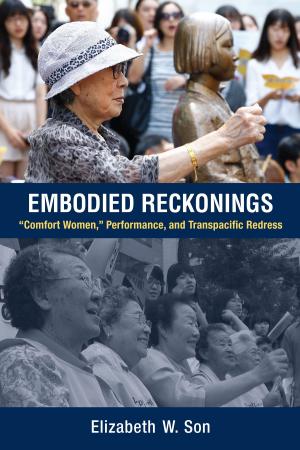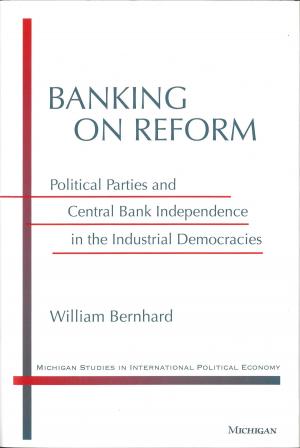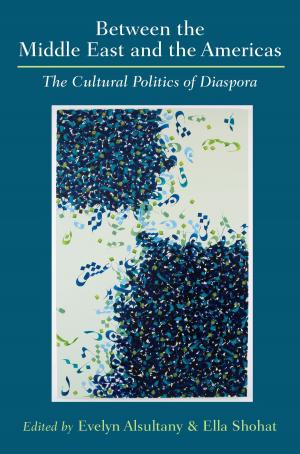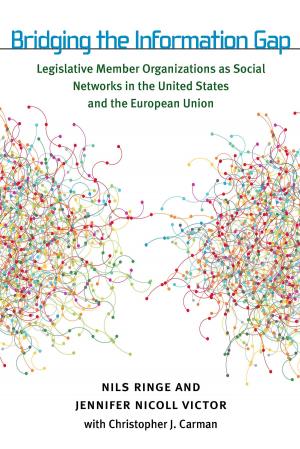The Well-Being of the Elderly in Asia
A Four-Country Comparative Study
Business & Finance, Career Planning & Job Hunting, Labor, Nonfiction, Social & Cultural Studies, Social Science, Cultural Studies, Ethnic Studies| Author: | ISBN: | 9780472026500 | |
| Publisher: | University of Michigan Press | Publication: | September 22, 2010 |
| Imprint: | University of Michigan Press | Language: | English |
| Author: | |
| ISBN: | 9780472026500 |
| Publisher: | University of Michigan Press |
| Publication: | September 22, 2010 |
| Imprint: | University of Michigan Press |
| Language: | English |
The past two decades have witnessed rapid social, economic, and demographic change in East and South-East Asia. The older populations in these regions have been increasing faster than in the West, and the proportions of people over sixty will more than double over the next thirty years. Increased urbanization and educational levels and a strong shift to professional, technical, manufacturing, and service occupations are changing the social and economic landscape, leading to concern for the well-being of the elderly, who traditionally have relied on the family for support. Governments are attempting to preserve these traditions while taking into account widespread family change and new expectations for pension, health insurance, and other public programs.
The contributors to this volume use survey and other data collected over ten years to examine the well-being of the current older population in four Asian countries: The Philippines, Singapore, Taiwan, and Thailand. Each major analytic chapter looks at a key dimension of well-being--economic, physical and mental health, work and leisure--and how these are affected by the familial and social support arrangements, as well as age, gender, education, and urban-rural residence. Where possible, changes over time are traced.
Explicit attention is given to the policies and programs in place and under development in each country and to the cultural accommodations underway. The contributors also look ahead to the implications of the large numbers of elderly with very different characteristics who will predominate in the coming years and to the policy implications of this coming transformation. The book will be important for scholars and policymakers whose work involves population in Asia, including demographers, sociologists, and economists.
Albert I. Hermalin is Research Scientist at Population Studies Center, Institute for Social Research, and Professor Emeritus, Department of Sociology, University of Michigan.
The past two decades have witnessed rapid social, economic, and demographic change in East and South-East Asia. The older populations in these regions have been increasing faster than in the West, and the proportions of people over sixty will more than double over the next thirty years. Increased urbanization and educational levels and a strong shift to professional, technical, manufacturing, and service occupations are changing the social and economic landscape, leading to concern for the well-being of the elderly, who traditionally have relied on the family for support. Governments are attempting to preserve these traditions while taking into account widespread family change and new expectations for pension, health insurance, and other public programs.
The contributors to this volume use survey and other data collected over ten years to examine the well-being of the current older population in four Asian countries: The Philippines, Singapore, Taiwan, and Thailand. Each major analytic chapter looks at a key dimension of well-being--economic, physical and mental health, work and leisure--and how these are affected by the familial and social support arrangements, as well as age, gender, education, and urban-rural residence. Where possible, changes over time are traced.
Explicit attention is given to the policies and programs in place and under development in each country and to the cultural accommodations underway. The contributors also look ahead to the implications of the large numbers of elderly with very different characteristics who will predominate in the coming years and to the policy implications of this coming transformation. The book will be important for scholars and policymakers whose work involves population in Asia, including demographers, sociologists, and economists.
Albert I. Hermalin is Research Scientist at Population Studies Center, Institute for Social Research, and Professor Emeritus, Department of Sociology, University of Michigan.















